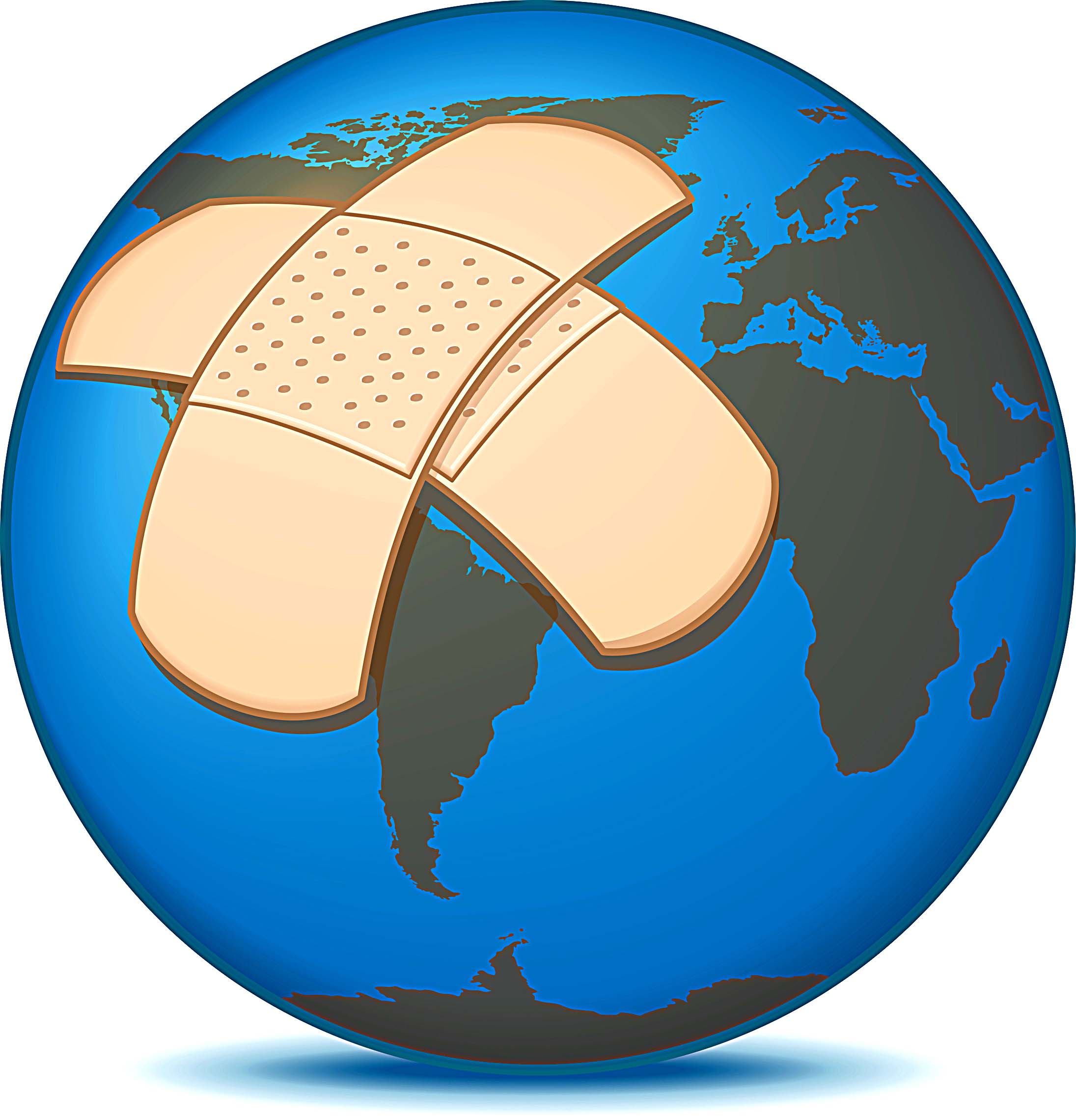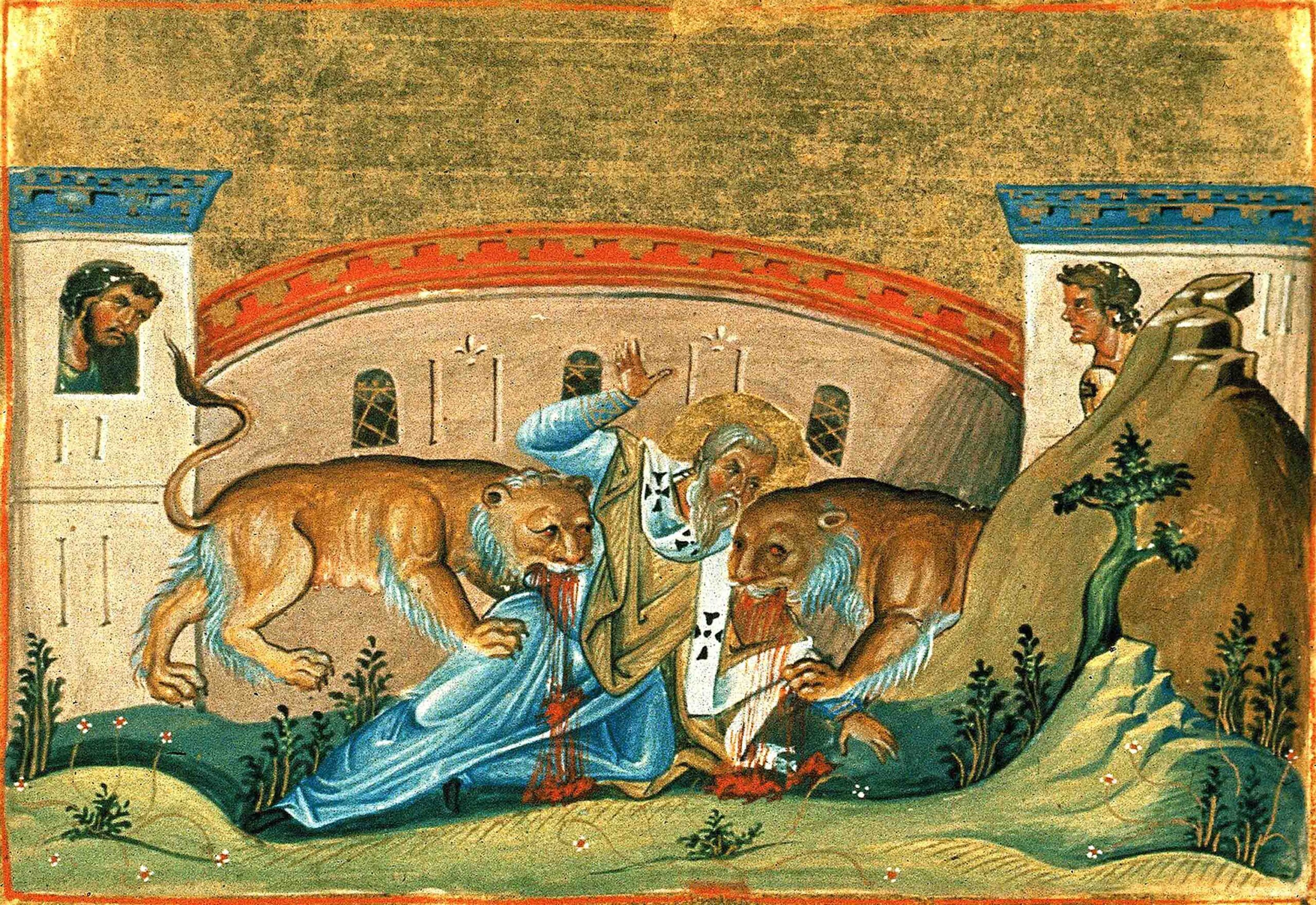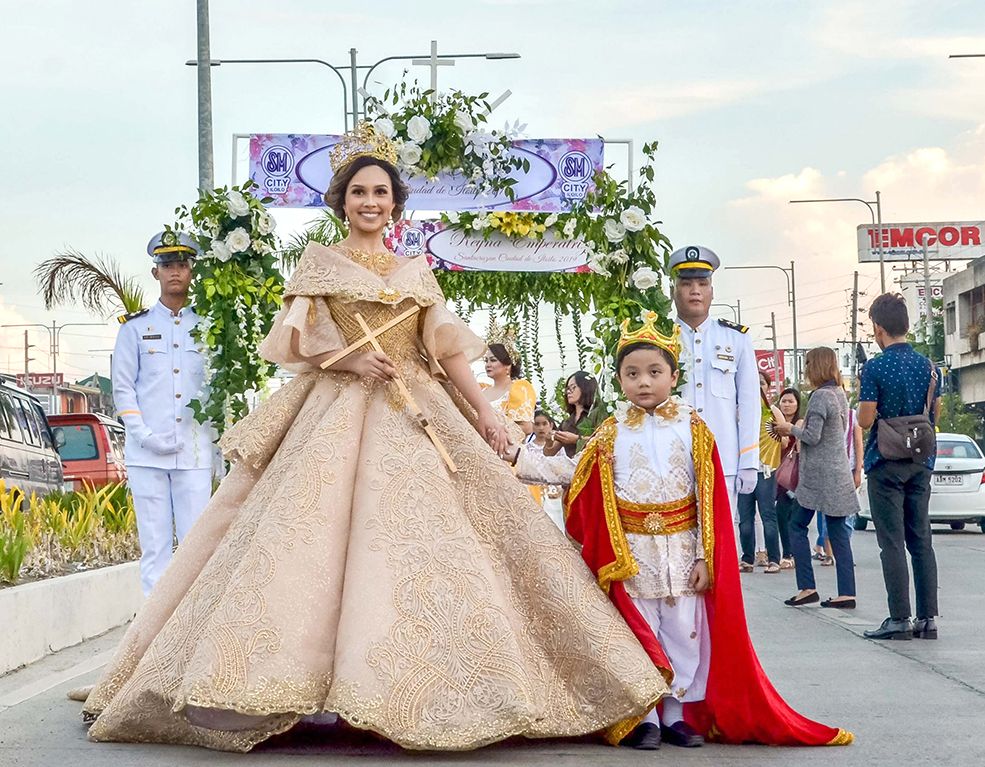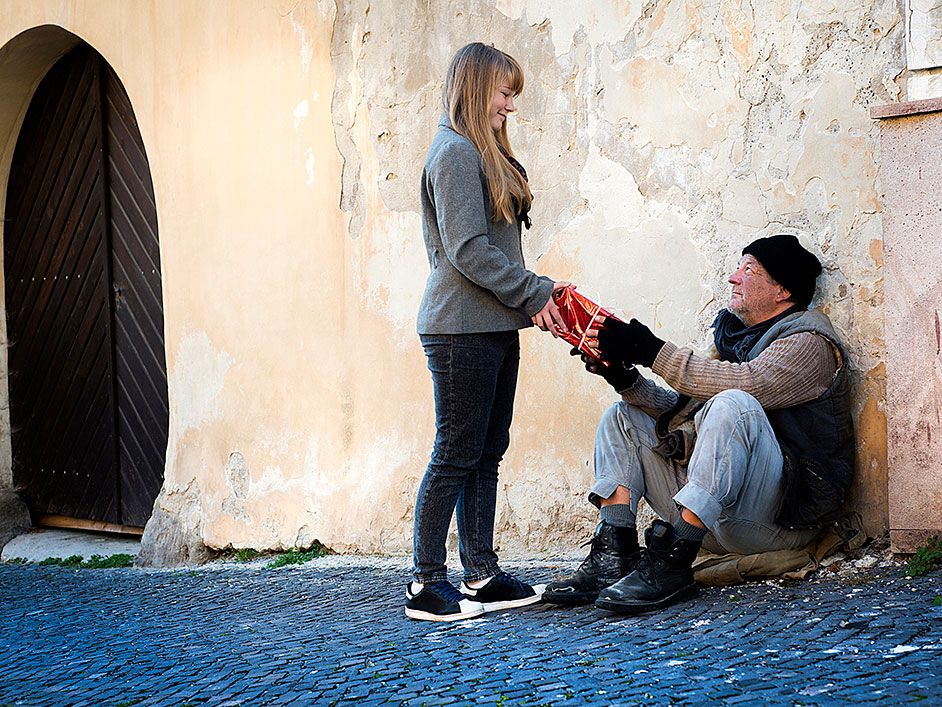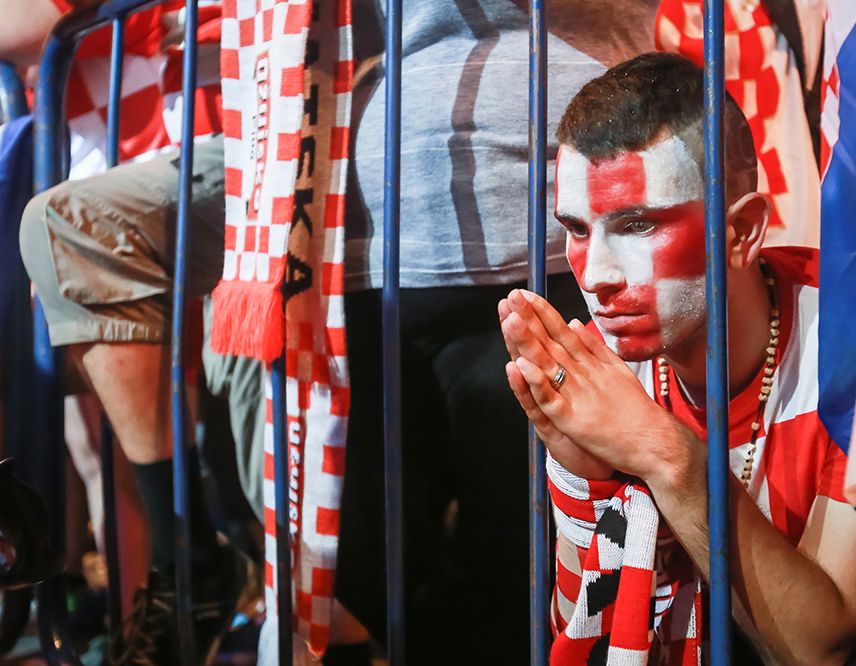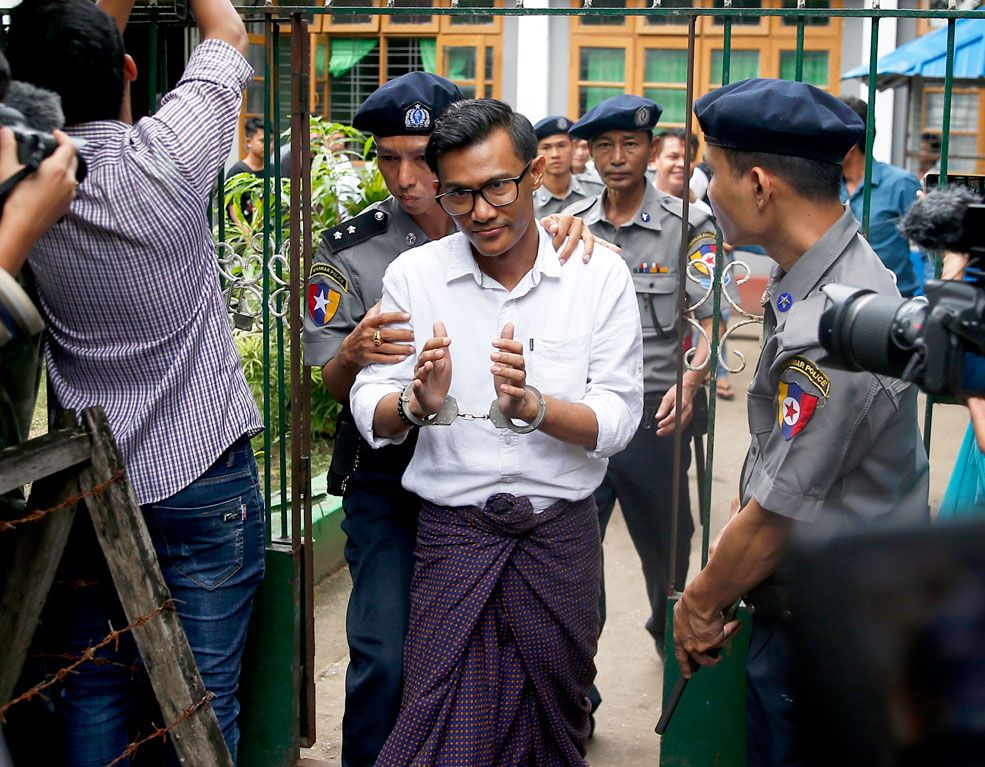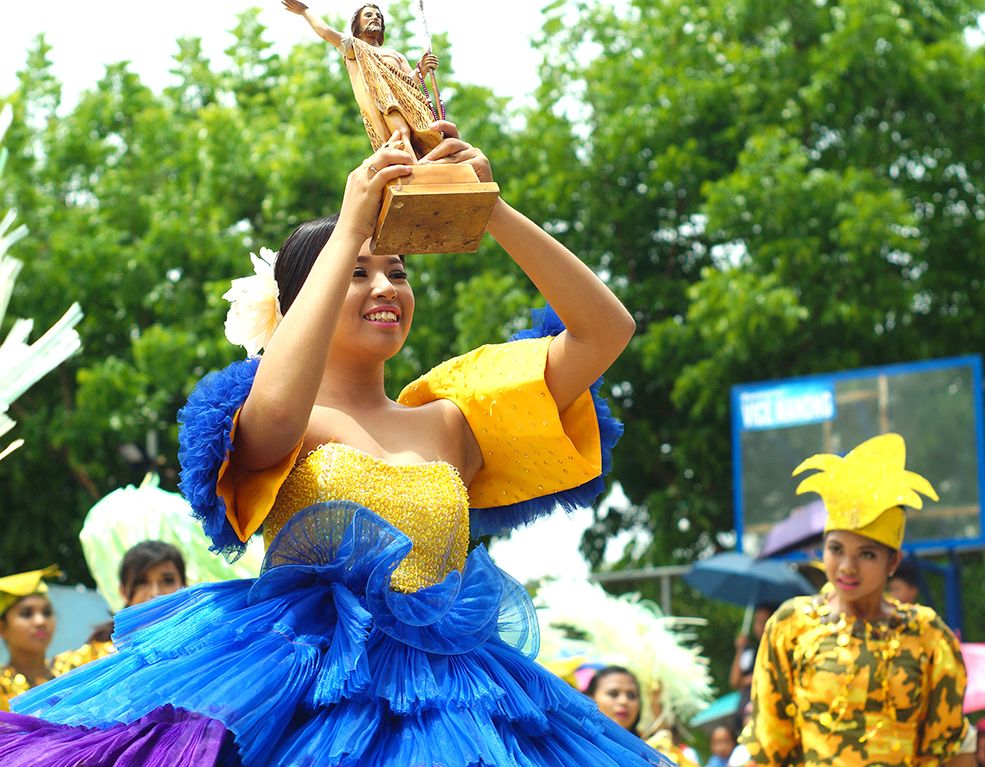Assalamu Aleikom (“peace be with you”) is the greeting we receive whenever we visit the Bedouin communities in Palestine. Although the word “peace” is part of everyday interaction, its realization remains a longing that rests in the hearts of our brothers and sisters. The constant threat of forced displacement by the Israeli government, as well as the lack of recognition by Palestine, leave these Bedouin communities in a situation of exclusion, precariousness, and extreme poverty.
The Bedouin communities in Palestine are traditionally nomadic and have historically inhabited the desert regions of the West Bank and Gaza Strip. They have a distinct culture and way of life, relying on herding and agriculture for their livelihoods.
However, many Bedouin communities have faced challenges over the years due to political and social pressures, including displacement and loss of land. The Israeli occupation of the West Bank and Gaza has also had a significant impact on their way of life, as restrictions on movement and access to resources have made it difficult for them to maintain their traditional lifestyle.
In recent years, there have been efforts to address the needs of the Bedouin communities in Palestine, including initiatives to provide basic services and infrastructure and support for economic development and land rights. However, many challenges remain, and the future of the Bedouin communities in Palestine is uncertain.
FRATERNAL PRESENCE
The Comboni Missionary Sisters have been working with the Bedouin communities of Jahalin, located in the Judean desert for twelve years. We started in health, then in education with the creation of kindergartens, and then, in each community, with training activities for women. The aim is to improve the education of children so that they can continue their studies and to promote the integration of women to promote the quality of life in different communities.
Different organizations have supported the various projects we carry out. A small network is being created that is not only inter-congregational but also inter-religious to reach out to our most vulnerable brothers and sisters. I am hopeful that we can live and work together for the common good, joining forces from each of our own faith, Jews, Muslims, Christians.
Our faith is proclaimed through daily gestures and actions, bearing witness to the Gospel values of welcome, respect, encounter and generosity. Bonds of closeness, dialogue, fraternity and affection have been created with our Muslim brothers and sisters.
By living the significant moments of their lives together, I was able to get to know, in addition to their culture and traditions, the intimate reality of these communities, their difficulties or the problems of women, for example, who marry too young and don’t continue their studies or acquire other training. The welcome they give us with their joy, generosity and simplicity makes us feel at home from the first moment.
We communicate in Arabic, which we have learned to express ourselves. My communication is still limited, but I am very happy to share life with them and learn from their simplicity and generosity. Every time, I understand them a little more. When I realize they have also managed to understand me, I see God’s grace accompanying me and encouraging me to be patient and persevering because I know that through language, I will get to know them better.
DIVERSE REALITIES
We visit communities and families to better understand their needs, which is a major challenge. During these visits, we have observed various realities, for example, that women marry very young and no longer continue their studies or other training. The families seem to prioritize the boys; however, they don’t continue their studies either, for various reasons, such as lack of means of transportation, economic precariousness, or simply because they dedicate themselves to looking after the sheep. In addition, the vast majority don’t know English or Hebrew, so they don’t have any job opportunities outside their area.
The missionary commitment also continues with the small Christian community of El-Azariyeh, in the city of Lazarus. It’s a small Christian community of around ten families. We meet every day to pray the rosary with the women, to organize times of prayer and to visit the sick.
We have only been here for a short time and still have a lot to learn and get to know, but we are encouraged by a strong desire to continue the mission that our sisters started over a decade ago. In short, St. Daniel Comboni, the founder of the Comboni Sisters, wanted us to make “common cause with the poorest and most abandoned.” Continuing with human promotion through formation courses for women and young people is a concrete way of making them the protagonists of their own lives.









